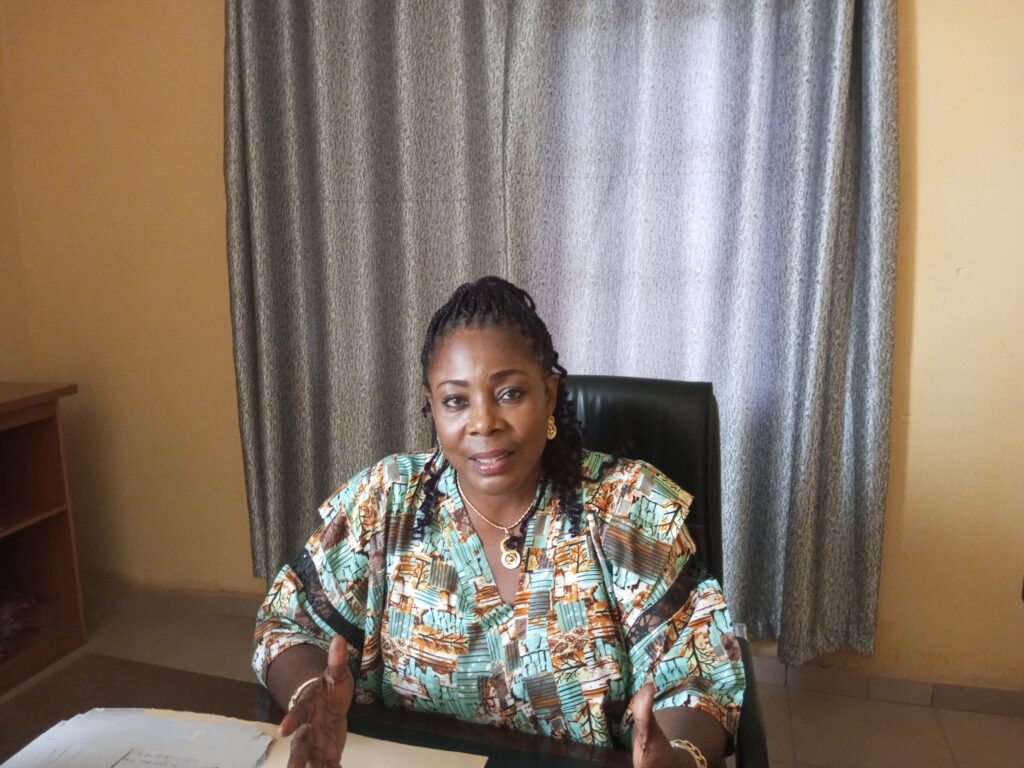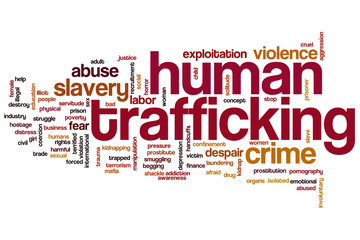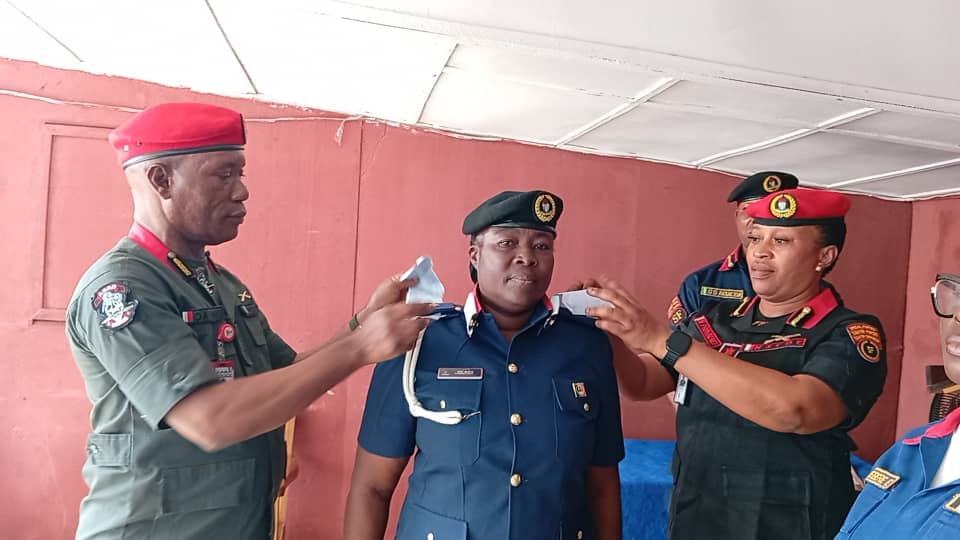Alfred Ajayi
The global community commemorate the Day against human trafficking with the theme “Human Trafficking is Organized Crime, end exploitation”.
The day is earmarked for raising awareness about the global issue of human trafficking and to protect and promote the rights of its victims. It’s a day to recognize the severity of trafficking, acknowledge the suffering of its victims, and mobilize efforts to prevent this crime and support survivors.
According to the United Nations Office on Drugs and Crime (UNODC), human trafficking continues to be a global threat driven by organized crime.
More and more victims are being trafficked every year, across greater distances, with greater violence, for longer periods of time and for greater profit.
From 2020 to 2023, there were more than 200,000 detected victims globally, which is just the tip of the iceberg. The actual number of unreported cases is believed to be significantly higher.
Organized criminal networks are driving this victimization and exploitation, using migration flows, global supply chains, legal and economic loopholes and digital platforms to facilitate cross-border trafficking at a massive scale.
They profit from forced labour, sexual exploitation and coercion into criminal activities, such as online scams and drug smuggling.
The above, in the view of the Commander, National Agency for the Prohibition of Trafficking in Persons, (NAPTIP), Anambra State Command, Ibadin Judith-Chukwu, explains how complex the crime of human trafficking is.
Global crime, local concern
According to Judith-Chukwu, “Human trafficking is a global crime, and it’s a call for concern for Anambra State because the world has become a global village.
“A pattern of crime in the US today starts reflecting in Anambra State almost immediately.
“So, we should be concerned especially as human trafficking is taking a different turn.
She described it as a new wave of slavery. “Slavery has ended decades ago but it has resurfaced in the form of human trafficking.
“The era of chains have ended and this is the era of exploitation, enshrouded in beautiful offers, that lures unsuspecting victims to a place of Eldorado.
“It’s an organized crime that’s been shrouded in secrecy. No one has to look beyond the plain sights, beyond what you see, to unravel human trafficking.
Judith-Chukwu said the day offers an opportunity to highlight victims’ sufferings and intensify campaign against the scourge.
“It’s an opportunity to tell the victim, we feel your pain. The crime dehumanizes the victims, strip them of their human rights. We must ensure that everybody is free.
Combatting human trafficking
To achieve freedom for everybody against human trafficking, the fight against it must be intensified and taken to the remote rural communities where the level of awareness is yet low.
“There is need for policies that will better enhance the lives of the victims and give severe punishments to traffickers.

“We need policies that create jobs, secure environment, as well as eliminate insecurity, war, famine, and other push factors.
UNODC equally regretted that despite progress made, criminal justice responses across countries are falling short in tackling the rapidly evolving crime.
“To end human trafficking, law enforcement must enforce strict laws, conduct proactive investigations, strengthen cross-border cooperation, target criminal finances, and leverage technology to identify and dismantle trafficking networks.
“This year’s campaign highlights the vital role of law enforcement and the criminal justice system in dismantling organized trafficking networks while ensuring a victim-centred approach,” it explained.
Judith-Chukwu also stressed the need for sustained sensitization and awareness creation targeting especially the rural settlements.
Task force to the rescue
In Nigeria, NAPTIP has created state task forces which are tackling peculiar crimes in each state. For instance, the task force in Anambra was established in 2020.
“They have been embarking on sensitization programmes in schools, communities and markets,” NAPTIP State Commander said.
“NAPTIP is also sensitizing sister agencies, the religious bodies and traditional institutions. When we talk to their followers, the message keeps spreading.
“Then when the August meeting kicks off in Anambra state, it is a good time also for intensive sensitization,” NAPTIP Commander said.
She called for sustained synergy of all critical stakeholders involved in the campaign. “No one organization can do it alone.”
“The Ministry of Women Affairs, the law enforcement agencies that are already supporting us – the DSS, the police, the Immigration, the civil defense, the military.
“I’m calling for more support, more synergy in fighting this crime, because NAPTIP cannot do it alone and it’s a crime that affects everybody.
“It affects the rich and the poor, and even the young and the old, even the baby that is in the womb. It’s a crime against humanity.
“I call for a closer cooperation and government support, both financially and in every way possible, so that we can fight this crime, take the criminals to jail, and then empower the victims.
“So we are calling on the traditional rulers and the religious, philanthropists to assist the cause of this sensitization campaign.
“You can come in form of donations, logistic supports, and donate materials for sensitization, and then donate empowerment materials for these victims.





